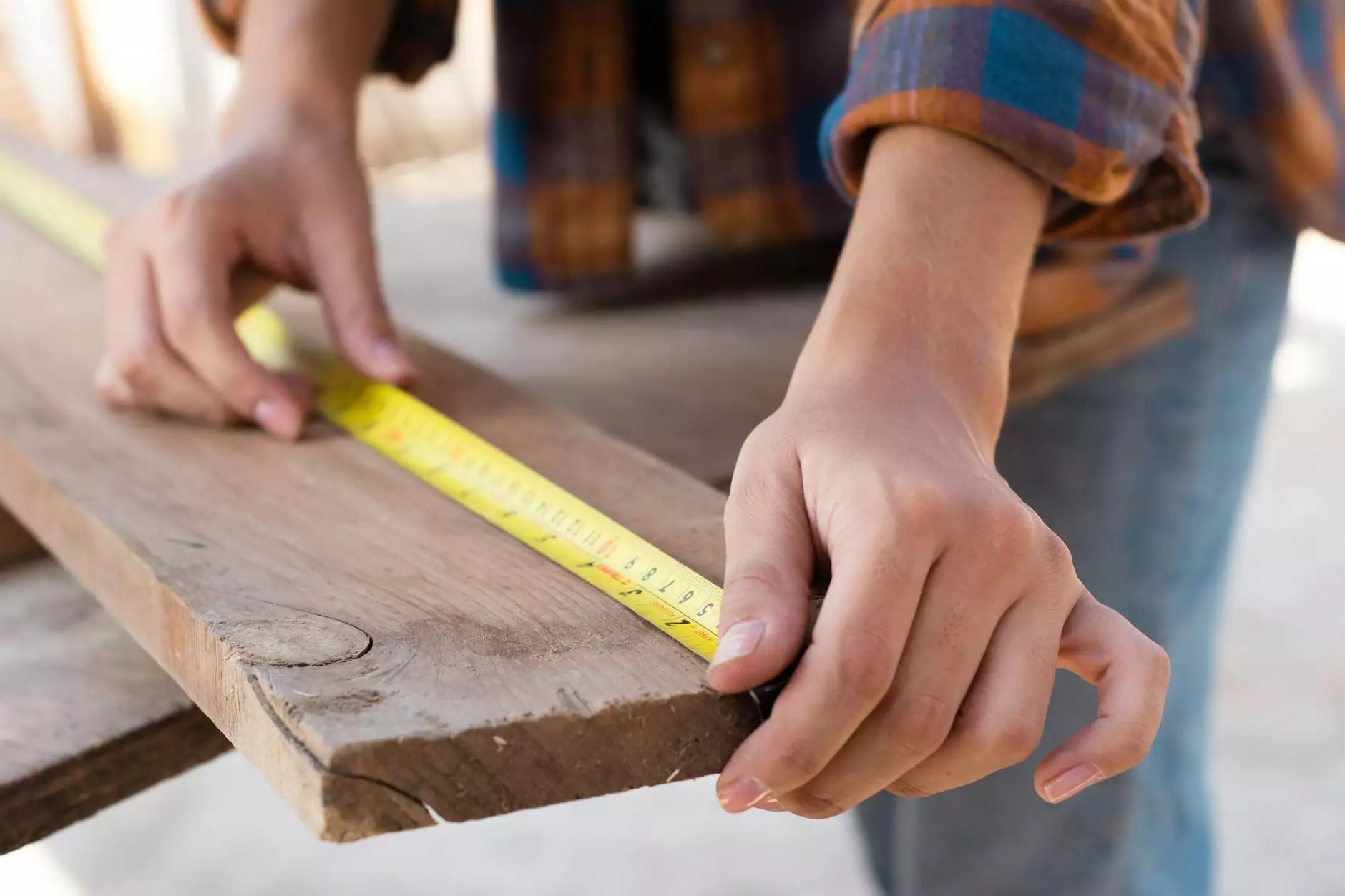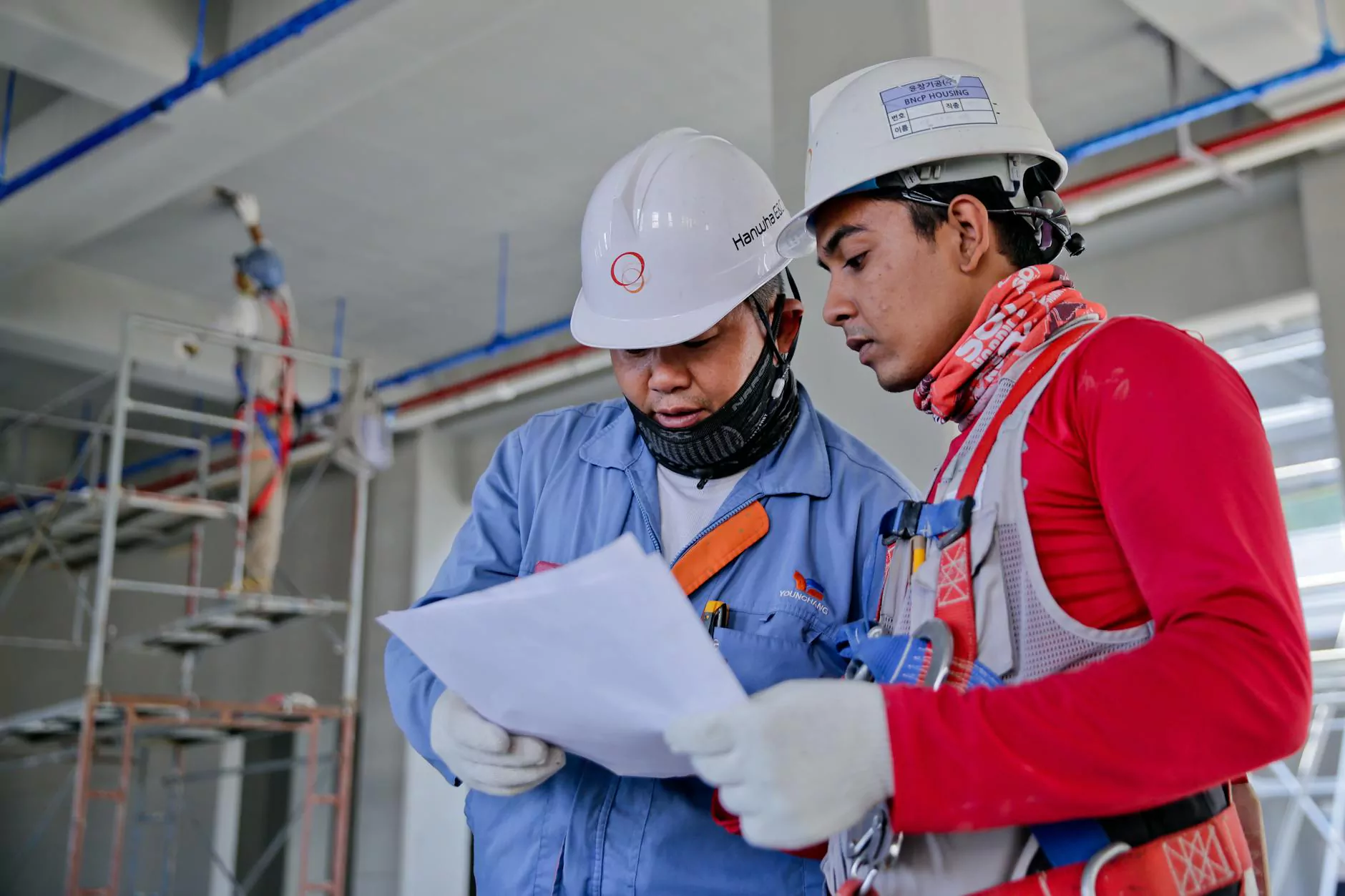Ultimate Guide to Jeep Wheels and Tires

If you're a Jeep enthusiast, you understand the significance of Jeep wheels and tires in enhancing both the performance and aesthetics of your vehicle. Upgrading your wheels and tires is not merely a style choice; it profoundly impacts your Jeep's off-road capabilities, handling, and comfort. This comprehensive guide delves deep into the various aspects of selecting, installing, and maintaining Jeep wheels and tires.
Understanding the Importance of Jeep Wheels and Tires
The wheels and tires of your Jeep are essential for several reasons:
- Performance: The right wheels and tires can drastically improve traction and stability, especially in off-road conditions.
- Safety: Improperly matched wheels and tires can lead to dangerous driving situations. Ensuring compatibility is paramount.
- Fuel Efficiency: The weight and type of your wheels and tires can influence fuel consumption.
- Aesthetics: A stylish wheel and tire combo can make your Jeep stand out on the road or trail.
Types of Jeep Wheels
Choosing the right Jeep wheels is just as critical as selecting the right tires. Here are some popular options:
1. Steel Wheels
Steel wheels are favored for their durability and affordability. They are less prone to damage from rough terrains and can be repaired easily if bent. This makes them an excellent choice for true off-road adventures.
2. Alloy Wheels
Alloy wheels, typically made from aluminum, are lighter than steel. They offer improved performance and heat dissipation, which is beneficial for brakes. Additionally, they come in a variety of designs, allowing for personalized style.
3. Beadlock Wheels
For extreme off-road situations, beadlock wheels securely grip the tire, preventing bead separation during low air pressure (which is often used in off-road situations). This capability can provide better traction on rocky or sandy surfaces.
Choosing the Right Tires for Your Jeep
Matching your Jeep wheels with the appropriate tires is crucial for optimal performance. Here are the main types of tires to consider:
1. All-Terrain Tires
All-terrain tires are versatile, designed for on-road comfort and off-road capabilities. They feature a balanced tread pattern and can handle light mud and gravel.
2. Mud-Terrain Tires
If you’re often tackling challenging off-road situations, mud-terrain tires are ideal. They have aggressive tread patterns designed for maximum traction in muddy and loose surfaces.
3. Highway Terrain Tires
For those who primarily drive on paved roads, highway terrain tires provide excellent grip and low road noise. They emphasize comfort and fuel efficiency rather than off-road prowess.
Key Considerations When Buying Jeep Wheels and Tires
When selecting Jeep wheels and tires, consider the following vital factors:
- Size Compatibility: Ensure the wheels and tires fit your Jeep model. Refer to your owner’s manual or consult with a professional.
- Offset and Backspacing: These measurements impact how far the wheels sit from the vehicle. Proper offset ensures better handling and prevents rubbing during sharp turns.
- Tread Design: Choose a tread design that's appropriate for your driving environment—be it on-road, off-road, or a mix of both.
- Load Rating: Check the tire’s load rating to ensure it can support the weight demands of your Jeep.
Installing Your Jeep Wheels and Tires
Installing new wheels and tires can be a DIY project if you have the right tools. Here’s a simple guide to guide you:
Tools Required
- Jack
- Jack stands
- Tire iron or lug wrench
- Tire pressure gauge
- Torque wrench
Step-by-Step Installation Process
- Prepare Your Jeep: Park on a level surface and ensure the vehicle is in gear (for automatic transmissions) or in gear (for manual transmissions).
- Loosen the Lug Nuts: Before jacking the vehicle up, slightly loosen the lug nuts on each wheel.
- Jack Up the Jeep: Position the jack under the specified lift points and raise the vehicle until the tires are off the ground.
- Remove Old Wheels and Tires: Fully unscrew the lug nuts and remove the old wheels and tires.
- Mount New Tires: Place the new tire on the hub and securely hand-tighten the lug nuts.
- Lower and Torque: Lower the Jeep back down and use a torque wrench to tighten the lug nuts to the manufacturer’s specifications.
Maintaining Your Jeep Wheels and Tires
Regular maintenance is crucial for extending the lifespan of your Jeep wheels and tires. Here are some maintenance tips:
1. Regular Tire Pressure Checks
Maintaining the correct tire pressure ensures optimal performance, fuel efficiency, and safety. Check the pressure at least once a month and before long trips.
2. Tread Depth Inspections
Monitor the tread depth. Uneven or significantly worn treads can affect traction and safety. If your tread depth is less than 1/16 inch, it’s time to replace.
3. Tire Rotation
Rotate your tires every 5,000 to 7,500 miles. This promotes even wear and extends the life of your tires.
4. Wheel Alignment
Misalignment can cause uneven tire wear and affect handling. Get your wheels aligned if you notice pulling to one side or uneven tread wear.
Exploring Performance Upgrades for Your Jeep
For Jeep owners looking to enhance their off-road experience, there are numerous performance upgrades that complement your wheel and tire setup:
1. Suspension Kits
Investing in a suspension lift kit not only provides additional ground clearance but also enables you to install larger tires, enhancing your Jeep's ability to navigate rugged terrains.
2. Upgraded Braking Systems
With larger wheels and tires, consider upgrading your brake system. Enhanced brakes can offer improved stopping power, essential for safety during off-road excursions.
3. Performance Exhaust Systems
A performance exhaust system can improve horsepower and torque, providing your Jeep with better acceleration and overall responsiveness on the trails.
Where to Buy Jeep Wheels and Tires
When it comes to purchasing Jeep wheels and tires, consider the following options:
- Online Retailers: Websites like offroad-zone.com offer a wide range of Jeep wheels and tires, alongside customer reviews and price comparisons.
- Local Auto Parts Stores: Visit local retailers for personalized service where you can also find expert advice.
- Specialty Off-Road Shops: For serious off-roaders, specialized shops provide deep insight and often have premium products not found in regular stores.
Conclusion
Your decision to upgrade your Jeep wheels and tires is pivotal for enhancing the overall performance, safety, and appearance of your vehicle. By understanding the various types of wheels and tires, installation techniques, and maintenance practices, you ensure that your Jeep remains a trusted companion on every journey, whether on or off-road. Always remain conscious of your driving conditions and make informed decisions to match your wheel and tire selections to your adventures ahead.









